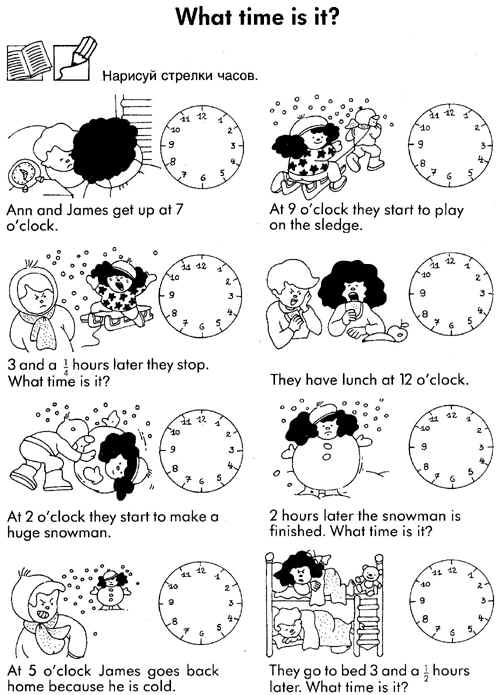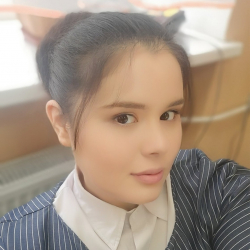ПОСОБИЕ
ПО АНГЛИЙСКОМУ ЯЗЫКУ
для изучения и закрепления лексики по темам:



Предисловие.
Пособие поможет увеличить словарный запас по темам «На почте», «Части тела», «Время». Чуть лучше разобраться в грамматике: Present (настоящее), Past (прошедшее) and Simple (простое) tenses.
Не забудьте СНАЧАЛА внимательно просмотреть новые слова, правильно их прочитать, а ЗАТЕМ уже выполнять все тренировочные задания, данные к каждому разделу.
Содержание| Contents.
1
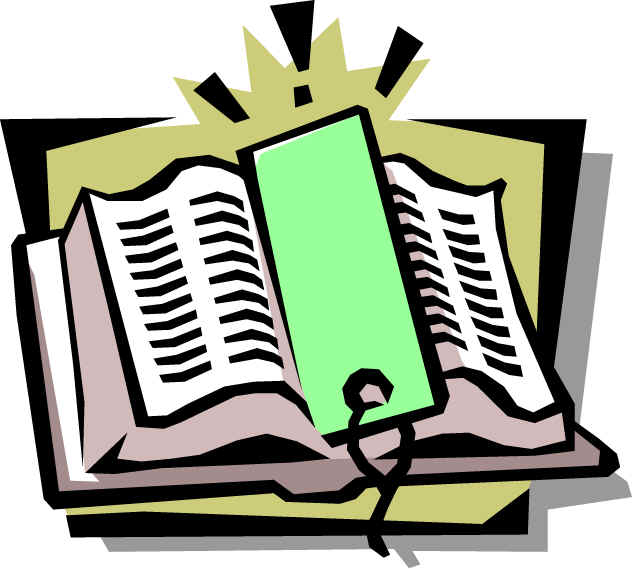
. “At the post office”- «
На почте» 1.1 Vocabulary- словарик ……………………………………………………………….
1.2 Reading –чтение ……………………………………………………………….
1.3 Exercises - упражнения …………………………………………………………..
2. “Body parts” – «Части тела»
2
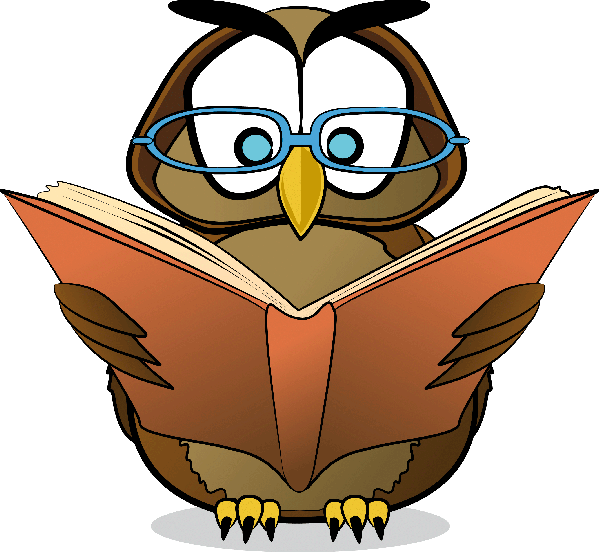
.1 Vocabulary- словарик ……………………………………………………………….
2.2 Reading –чтение ……………………………………………………………….
2.3 Exercises – упражнения ……………………………………………………………
3. “Time” – «Время»
3.1 Vocabulary- словарик ……………………………………………………………….
3.2 Reading –чтение ……………………………………………………………….
3
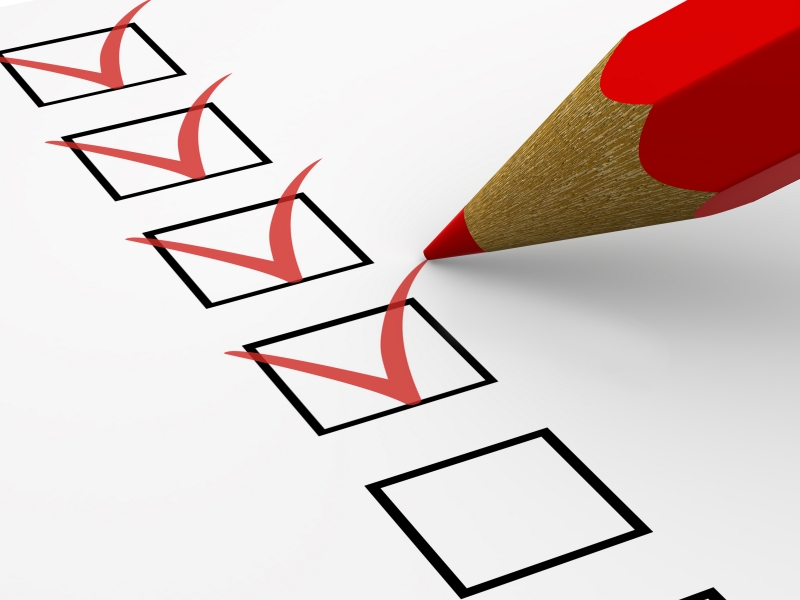
.3 Exercises – упражнения …………………………………………………………..
4
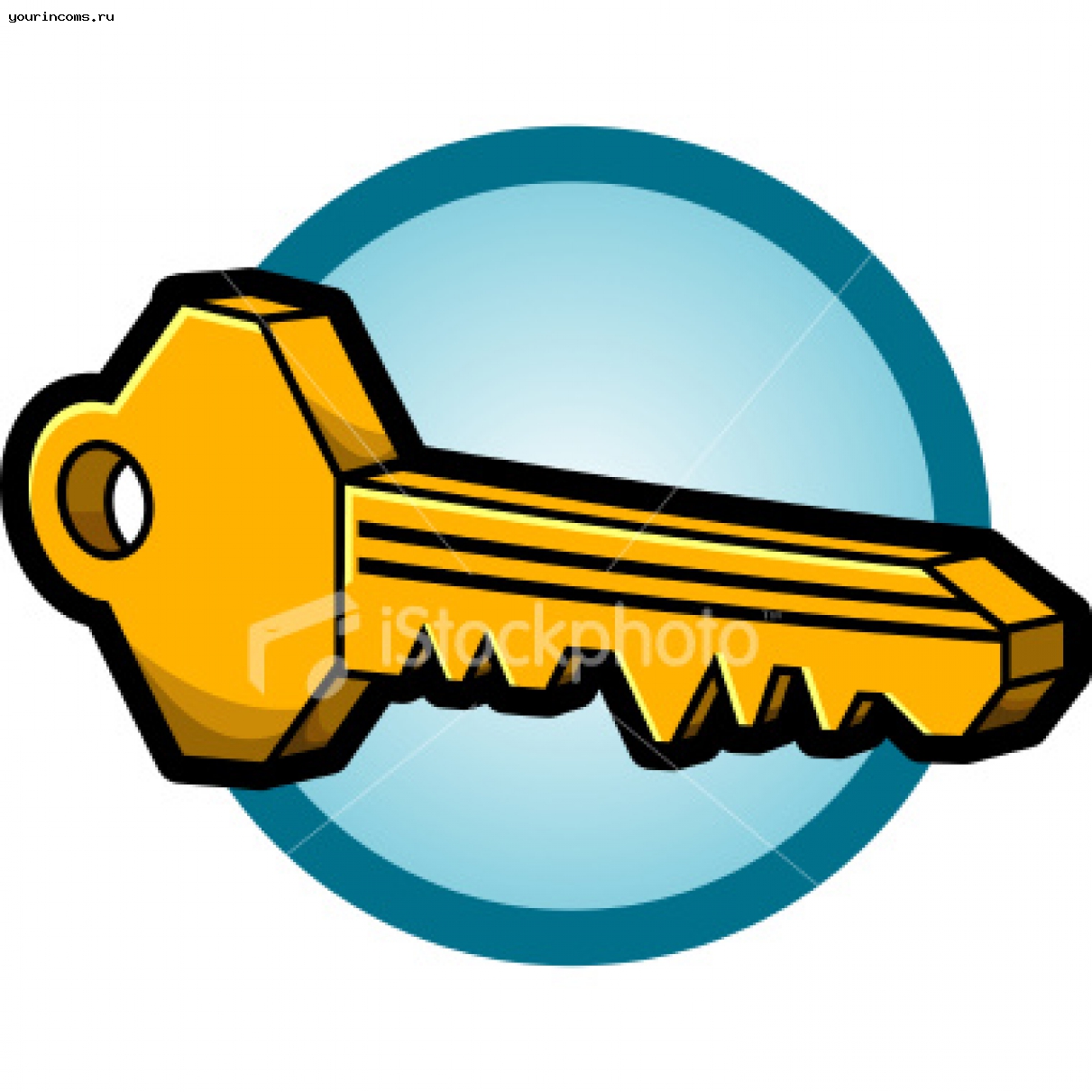
. Keys\
ответы (приложение)
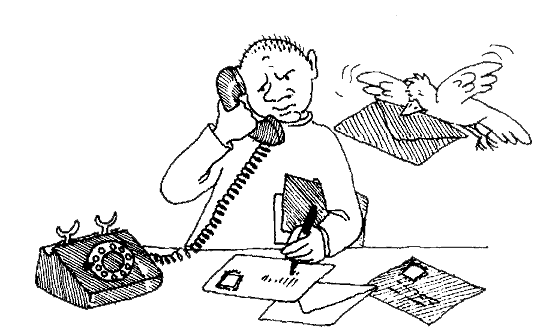
1. “At the post office”
«На почте»

1.1 Vocabulary- словарик
| слово | перевод |
| Postcard | открытка |
| Paper | бумага |
| postman | почтальон |
| poster | плакат, постер |
| address | адрес |
| envelope | конверт |
| stamp | марка |
| postal packet | почтовый пакет |
| telegram | телеграмма |
| trunk call | междугородний звонок |
| post office | почта |

1.2 Reading –чтение
The poem
Every morning at 8 o’clock
You can hear the postman knock.
Up jumps Mary to open the door
One letter, two letters, three letters, four.
The dialogue.
Mary: Give me three post-cards and five stamps, please.
Clerk: Here you are.
Mary: Thank you. Where is the mail?
Clerk: It’s in the street near the post-office.
Frenchman at the post-Office
The Frenchman who cannot speak English well visits England.
One day he comes into the post-office with a letter. A Frenchman goes up (подошёл) to the postman and says to him « I want to send this letter. I have no stamps». «Here is the stamp for you» says the postman. The Frenchman pays for the stamp and gives it back to the postman together (вместе) with his letter. «Oh, no, » the postman says. «You must put the stamp on yourself. » The Frenchman does not understand him .He looks at him and says, « Why must I put the stamp on myself? »
How the postman looks at him. Then he says, «Oh, sir, you do not understand me. I say that you must put the stamp on the envelope and you must do it yourself. »
« Oh, thank you very much. » says the man, « Now I understand you. »
Соедини вопрос и ответ.
What? (Что происходит?) Why? (Почему это происходит?)
1. He comes into the post-office 1. The postman describes how to
put stamps
2. He does not know what to do. 2. He wants to buy stamp
3. The Frenchman understands 3. He cannot speak English well.

1.3 Exercises – упражнения
Task 1. Составь словосочетания, используя слова из строк a, b
a) Postcard, pencil, postman, paper, envelope, poster, stamp, letter-box, address, telegram
b) Beautiful, long, short, nice, kind, thin, big, clean, blue, red, small
_______________________________________________________________________________________________________________________________________________________________________________________________________________________________________________________________________________________________________________________________________________________________________________________________________________________________________________________________
Task 2. Переведи на английский язык
1. Получать телеграмму ____________________________________________
2. Где ближайший переговорный пункт? _____________________________________
3. Бросать письмо в почтовый ящик _____________________________________
4. Писать адрес _____________________________________
5. Наклевать марку _____________________________________
Task 3. Выбери правильный ответ
Where can we buy stamps, envelopes and postcard?
at the shop
at the post-office
at school
How many stamps must we put on the envelope to another country?
more stamps
less stamps
as many as usual
What must we do with the letter?
post in a letter-box
give to a mother
take to school
T
write, address, paper, post office, envelope, stamp, post, letterbox.
ask
4. Вставь слова в текст по смыслу.
Take clean ……………………………... and a pen.
Sit down and ……………………………... a letter.
Put the letter into an …………………………….. .
Put a ……………………………... on the envelope.
Write an …………………………. on the envelope.
Take your letter and go to the ………………… .
Find a ……………..... and ………..…… the letter.
Task 5. Составь предложения.
Postcard, stamps and envelopes buy, we, post-office, the, at.
The, address, must, we, the, on, envelope, write.
Into, put, an envelope, letter or postcard.
Go, we, the post-office, to, and, put, post-box, in, a letter.
5. Like, to, get, and, send, we, letters.
1. ________________________________________________________________
2.________________________________________________________________
3 ._________________________________________________________________
4. ________________________________________________________________
5. ________________________________________________________________
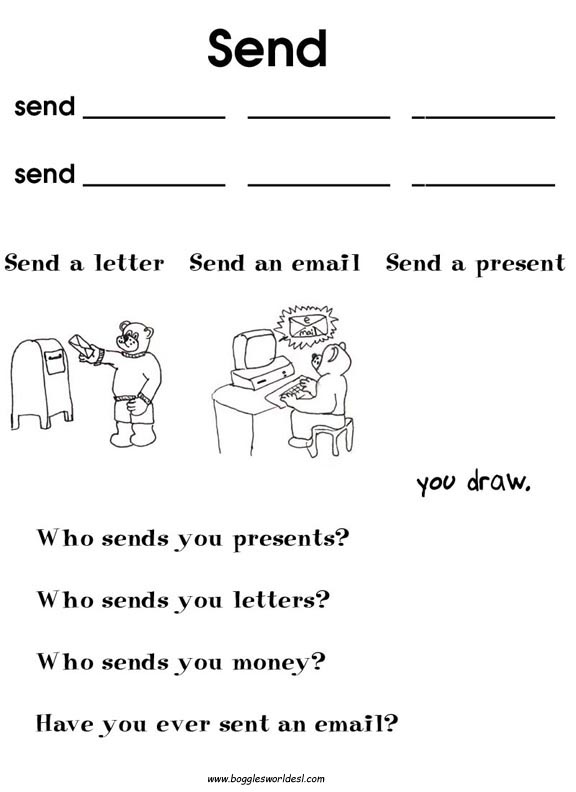
2. “Body parts”

«Части тела»
2.1 Vocabulary- словарик
| слово | транскрипция | перевод |
| arm | [ ɑ:m ] | рука |
| body | [ 'bɔdi ] | тело |
| bones | [ bəunz ] | кости |
| brain | [ brein ] | мозг |
| ear | [ iə ] | ухо |
| eyes | [ aiz ] | глаза |
| face | [ feis ] | лицо |
| fingers | [ 'fiŋgəziz ] | пальцы рук |
| foot | [ fut ] | ступня |
| hair | [ hɛə ] | волосы |
| hand | [ hænd ] | кисть |
| head | [ hed ] | голова |
| leg | [ leg ] | нога |
| lips | [ lips ] | губы |
| mouth | [ mauθ ] | рот |
| nails | [ neilz ] | ногти |
| nose | [ nəuz ] | нос |
| skin | [ skin ] | кожа |
| smile | [ smail ] | улыбка |
| toes | [ tu:z ] | пальцы ног |

2.2 Reading –чтение
Poems
A
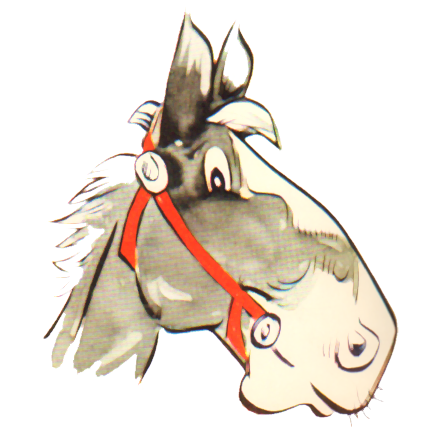
small gnome
Lives at home
He has got small toes
And a pink nose.
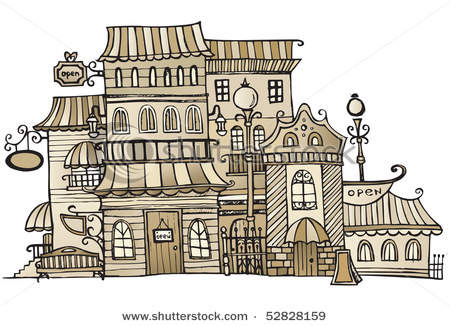
A big brown horse
Lives in the north.
It likes popcorn
And listening to the horn
T
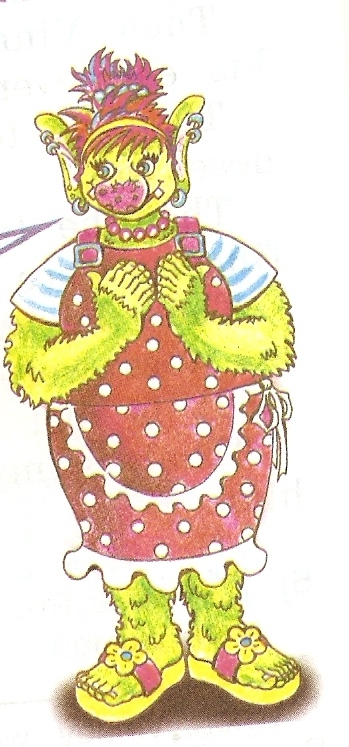
ext.
“Who are you?” Vinney’s mother asked.
“I’m your son, Vinney.”
“No, my boy has got ears. He has got a nose too.
He has got eight purple fingers and six purple toes.
You are not my boy.”
Then Vinney took out (вынул) his nose and put it
where his ears were.
Then he took out his ears and put them
where his nose was.
Then he took out his toes and put them where his fingers were.
Then he took out his fingers and put them where his toes were.
“It’s me! It’s me!” cried Vinney.
“That is my boy” his mother said. And she kissed him.
Нарисуй Винни в том виде, в котором он пришел домой.





2

.3
Exercises – упражнения
Task 1. Найти слова, впиши их под нужной картинкой. 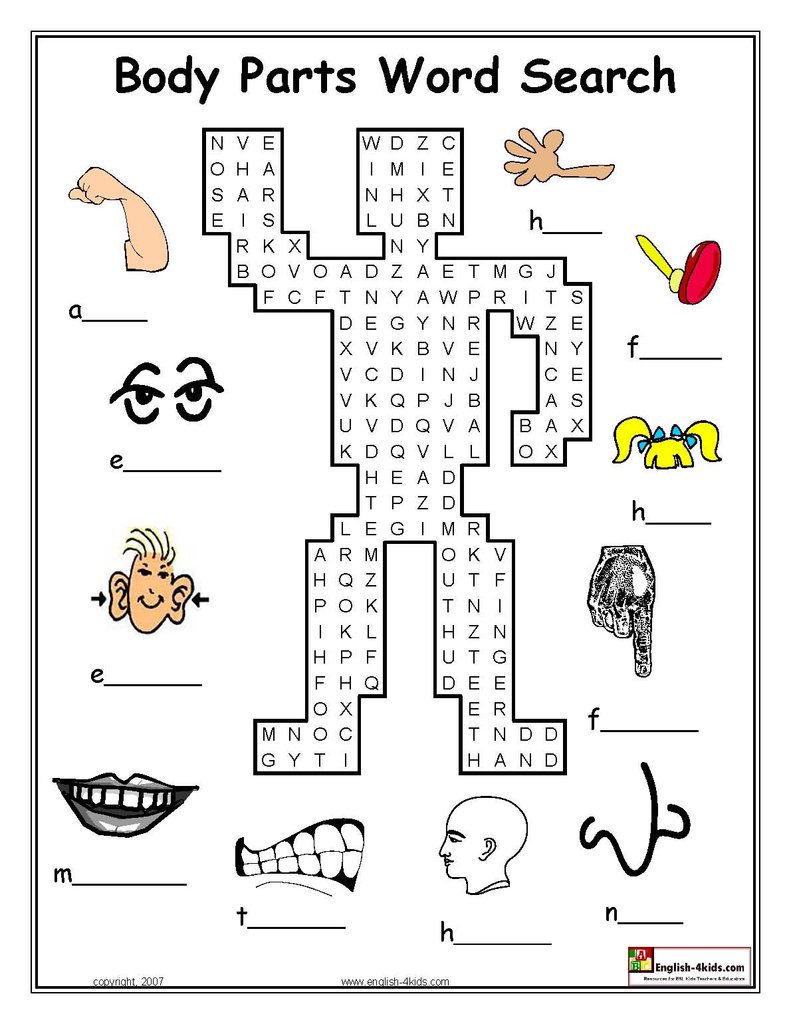
Task 2. Разгадай кроссворд.
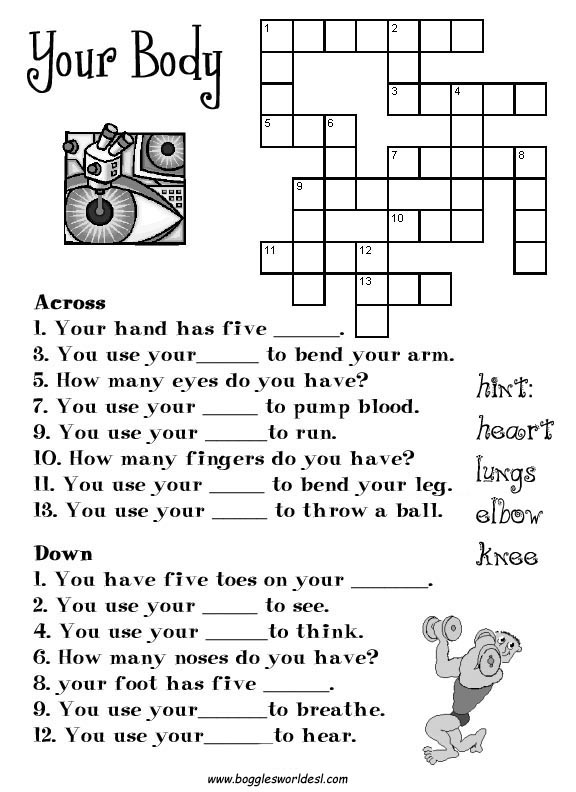
Task 3. Опиши мальчика.
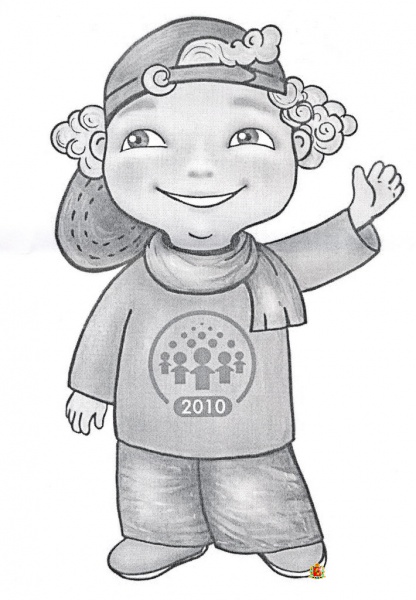
Не забудь про: цвет глаз и волос, длину волос и рост мальчика, размер глаз, ушей и т.д. He has got _________________________________
_________________________________________
_________________________________________
_________________________________________
He hasn’t got _______________________________
________________________________________
_________________________________________
__________________________________________
Task 4. Закончи предложения.
1. We can see with our ____________________________________________ .
2. We can hear with our ___________________________________________ .
3. We can eat with our ____________________________________________ .
4. We can walk with our ___________________________________________ .
5. We can clap with our ___________________________________________ .
6. We can click with our __________________________________________ _ .
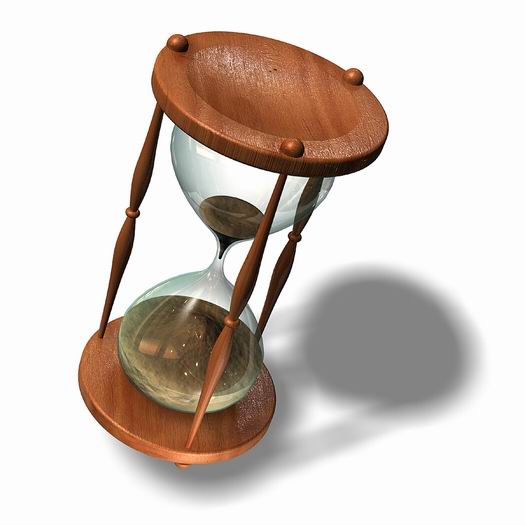
3. “Time” «Время»
3.1 Vocabulary- словарик
| слово | перевод |
|
| time | время |
|
| watch | часы наручные |
|
| clock | часы настенные |
|
| hour | час |
|
| minute | минута |
|
| second | секунда |
|
| second hand | секундная стрелка |
|
| hour hand | часовая стрелка |
|
| minute hand | минутная стрелка |
|
| quarter | четверть (15 минут) |
|
| half | половина |
|
| What’s the time? | Сколько времени? |
| What time is it? |
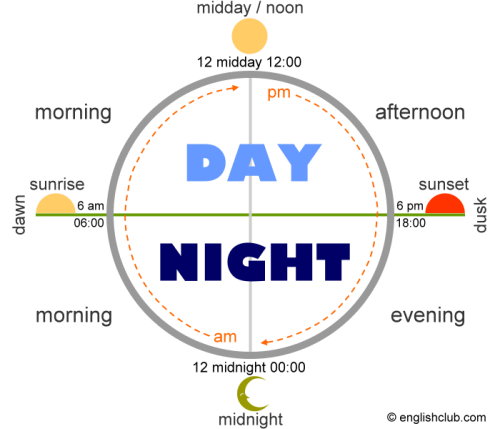
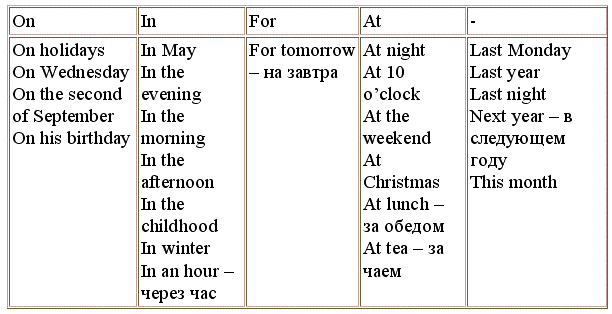
3.2 Reading –чтение
Poem.
T
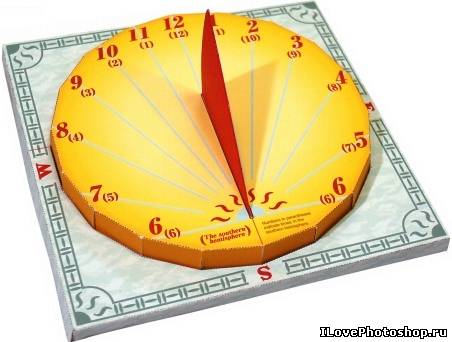
ick- tock,
Tick- tock,
This is Big Ben.
Big Ben is a clock.
Day and night
With all its might
Big Ben, the clock,
Says: Tick- tock
Text.
1) Early people did not have clocks.
But they had many ideas of how to tell the time.
First, they told the time by the sun and later, they began to use sun clocks.
2) But sun clocks were good only on sunny days and people made water clocks. Water clocks were better than sun clocks because they told the time during the day and at night. They were more accurate (точный, правильный) than sun clocks.
3) People also used the hourglass or sandglass to tell the time.
4) Then the first mechanical clocks appeared. They were very big and heavy. Some of them were with bells and people put them in large towers. Later clocks became smaller.
3.3 Exercises – упражнения
Task 1. Вставьте at/on/in.
1. on 6 June
2. ___ 8 o'clock
3. ___Wednesday
4. ___ 12.30 a.m.
5. ____ 1977
6. ____September
7. ____ 24 September
8. ____Friday
1. Where were you ____ 28 February?
2. I got up ____ 8 o'clock this morning.
3. I like getting up early ______ the morning.
4. My sister got married ______ May.
5. Diana and I first met ______ 1978.
6. Did you go out ___ Friday?
7. Did you go out ____ Friday evening?
8. Do often out _________ the evening?
Task 2. Соедини действия, время. Запиши предложения.
| I go to bed
I eat my lunch
I watch TV
I go to school | It’s 9 o’clock
It’s 8 o’clock
It’s 12 o’clock
It’s 6 o’clock | noon
at night
in the morning
in the evening |
________________________________________________________________________________________________________________________________________________________________________________________________________________________________________________________________________________________________________
Task 3.Прочитай предложения и нарисуй стрелки на часах.
